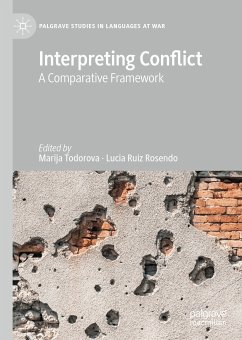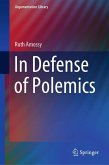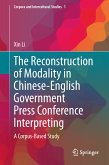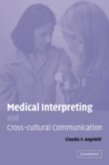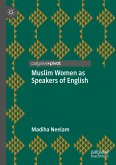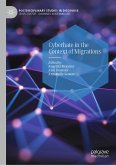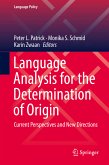Marija Todorova is a Visiting Scholar of the RCPCE at The Hong Kong Polytechnic University and Adjunct Assistant Professor at the University American College Skopje, North Macedonia. She is Editor of New Voices in Translation Studies, and a member of the Executive Council of the International Association for Translation and Intercultural Studies.
Lucía Ruiz Rosendo is Assistant Professor at the University of Geneva, Switzerland. She has published in a number of journals, including The Interpreter and Translator Trainer, Armed Forces & Society and Translation Spaces, and also co-edited the special issue 'Interpreting in Conflict Situations and in Conflict Zones Throughout History' for Linguistica Antverpiensia in 2016.
Dieser Download kann aus rechtlichen Gründen nur mit Rechnungsadresse in A, B, BG, CY, CZ, D, DK, EW, E, FIN, F, GR, HR, H, IRL, I, LT, L, LR, M, NL, PL, P, R, S, SLO, SK ausgeliefert werden.
"The case studies contained in this edited volume constitute an excellent compilation for practitioners - not just interpreters and their trainers, but military and humanitarian personnel too, as well as for researchers. Different types of sources, sometimes built by the authors themselves,make up the raw material of most of the research in this volume, always complemented by an arsenal of specialized bibliography." (Jesús Baigorri-Jalón, Translation Matters, Vol. 4 (1), 2022)

